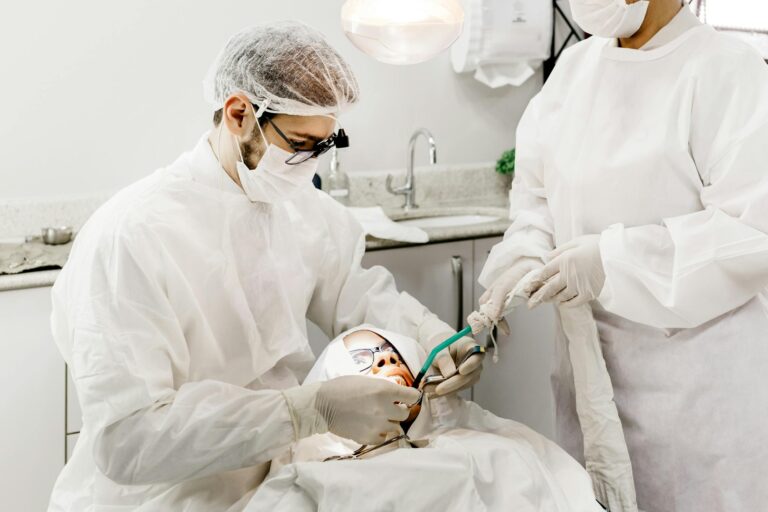In an attempt to change and introduce a new era of dental education in Punjab, UHS approved a new curriculum for the BDS program from the academic year 2024-2025. This move is a departure from the previous sequential and integrated four-year program to a complete lengthened course offering of five years, in addition to a dramatic change in the curriculum, which has remained constant for more than twenty years.
Development Process and Key Features
The new curriculum was developed with input from principals of dental colleges and other experts in medical education under the guidance of a steering committee headed by Professor Sarah Ghafur, the head of the UHS Oral Biology Department. Due to the committee’s hard work, there is desirable modularity of an integrated curriculum that uses Vertical Integration, Horizontal Integration, and Spiral Integration approaches.
Curriculum Highlights
- Integrated Approach: The new curriculum accords ample importance to integrated learning so that students can understand how knowledge can be systematically translated into actual practice.
- Module Diversity: The new modules will embrace professionalism, ethics, research methodologies, leadership skills, clinical training, foundational sciences, and rotational experiences. This is a general approach to preparing future dental professionals to acquire diverse skills.
- Clinical Training Evolution: The following changes were made: the traditional clinical quota system of previous years was replaced, and a new curriculum was designed with the inclusion of a logbook and portfolio system. This shift is implemented to improve documentation, reflection, and skill in students’ education.
- Enhanced Practical Training: The curriculum now includes mandatory basic life support training, which is in line with the program’s concern with preparing graduates for the reality of health institutions.
Expected Benefits
While speaking with the Vice Chancellor, Professor Ahsan Waheed Rathore, he said that the new curriculum will take the recognition of Pakistani dental degrees to a new level. In light of this argument, graduates are likely to compete better in the international market, having embraced modern practices in this field of training and meeting the international standards as envisaged in these training programs.
Path to Approval
Therefore, the new curriculum will be taken to the Pakistan Medical and Dental Council (PMDC) for validation purposes. This regulatory step will help the program achieve national benchmarks and remain competitive in the global market.
Conclusion
Thus, the new BDS curriculum introduced by the UHS can be considered a phenomenal change that will further advance dental education in Punjab. Assuming integration, practical training, and professional development, the program seeks to produce competent and internationally qualified dental professionals. Stakeholders wait for the project’s further implementation to achieve specific results that will effectively impact the country’s dental health care in the future.

